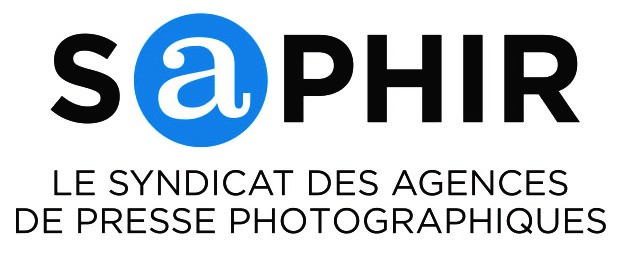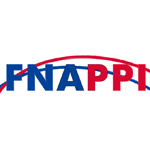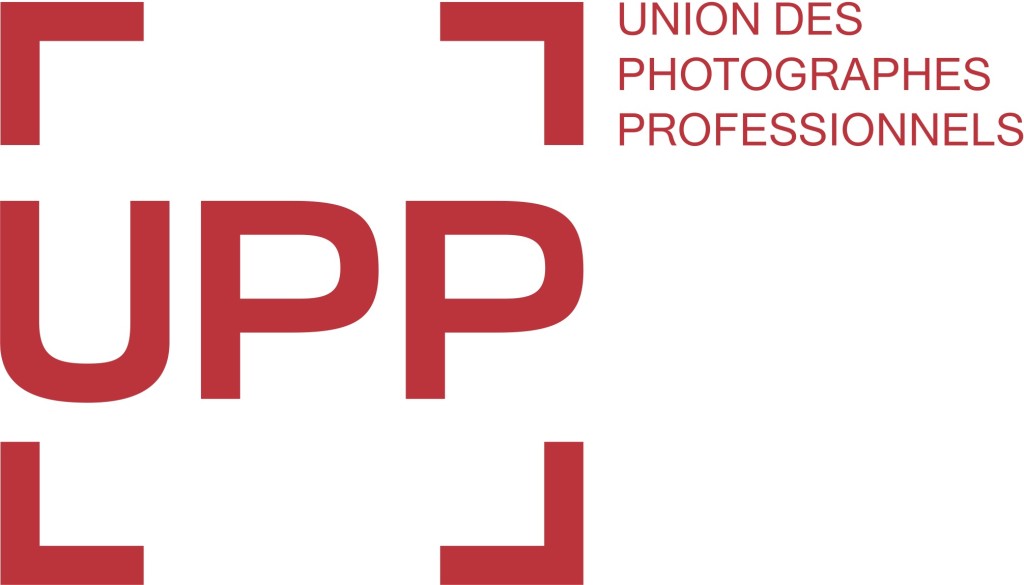The German Ministry of Justice and Consumer Protection published a discussion paper on the implementation of Art.17.
The German proposal is the second published proposal after the recent French version.
Politically speaking it is not an accident that publication occurs:
– Just when Germany is taking the presidency of the European Union (July- December 2020)
– Although the EC has not published its draft guidelines of implementation of Art.17
Timing suggests that Germany wishes to influence the implementation process in the EU and the content of the guidelines.
The German proposal takes some liberty with the EU Directive.
Firstly, it puts forwards pro-consumer provisions that are not included in the text of the Directive. Notably:
- It introduces a new exception to the authorization and take-down provisions of Art.17: the “bagatel exception” i.e. an exception for minor uses
The provisions allows content to be freely up-loaded and shared by users for non commercial purposes when it does not exceed a certain size: 20 seconds for films, 1,000 words for text and 250 KB for images
Here the comment of iRight, a German pro-comsumer organisation:
“Indeed this maximum value does not currently permit large, high-resolution images. However, it cannot be ruled out that this will change in the future due to the development of technical compression processes.
In addition, images and graphics in black and white or other simple colour compositions, for example, would be privileged over multi-coloured representations, which use up more storage space.“
(Note *: the German proposal on Art.15 published in January 2020 provides for a size of 128 x 128 pixel for images to be considered as “short extracts/snippets”)
- Nevertheless the draft provides in such cases for a remuneration of rightsholders by the platforms. It is acknowledged that platforms benefit economically from these uploads and the audience they generate.
- It introduces the “pastiche” and “parody” exceptions into German law. This would be relevant for Memes. Such uses, though, would not be remunerated.
- It provides for the possibility for Consumers to “pre-flag” their intention of uploading content authorized under an exception (for example a Meme )
If the up-load has been “pre-flagged” by the user, the platform has the obligation to keep the content up and inform the rightsholder. (What the rightholder can do if they disagree is not clear.)
The provision is meant to prevent over-blocking.
(Note *: This “pre-flagging” is the same as the “prima facies” solutions discussed during the stakeholders dialogue meetings in Brussels.)
- It clearly states that identical reproductions of visual art that are in the public domain are not protected anymore by the neighbouring right presently granted by Art.68 of the German Copyright Law. This provision transposes Art.14 of the EU Directive into German law, as expected to the detriment of heritage picture libraries.
Additionally to a pro-consumer perspective, the German discussion proposal includes a number of reliefs/ discharges for content sharing platforms:
- It extends the definition of start-ups carved-out of the application of Art.17
Smaller service providers and start-ups with an average of less than 5 million different site visitors per month are excluded from its scope (That’s in the Directive)
Additionally, the draft states that small companies with a turnover of less than 1 million euros per year would be exempted from “the use of filter technologies” as this would regularly cause a “disproportionate effort” for them
- It frees online platforms from the responsibility of seeking licences from rightholders. Platforms are expected to check whether licences are made available by CMOs. Beyond that, it is up to the rightholders to pro-actively seek negotiation with them (in the event they have opted-out of the ECL scheme).
Nevertheless, the German proposal asserts that the draft constitutes an improvement of the position of rightholders. Notably:
- It clarifies that online platforms are released from safe harbour protection when they communicate to the public (Indeed, that is the object of the EU Directive)
- It introduces Extended Collective Licensing into German law. The draft proposal presents this proposition as a strengthening of authors rights. Nevertheless creative businesses are free to opt-out of the scheme if they don’t like it.
- It introduces a transparency obligation towards authors and the obligation to have them participate in the financial success of a work (Art.18 of the Directive)
The German proposal is different from existing national proposals so far, in France and in the Netherlands, that simply “translate the Directive”.
The following blog provides information on the state of implementation in a number of selected states. As stated:
“In relation to Article 17 of the DSM Directive, the member states may be awaiting further guidance from the EU Commission on the “best practices for cooperation between online content-sharing service providers and rightsholders” which was foreshadowed in Article 17(10). The Commission held six stakeholder dialogues from October 2019 to February 2020 in Brussels which were attended by rightsholders, platforms and users’ organisations. The Commission’s guidance is now awaited.”
Documentation is available in English here: https://bit.ly/2Bp1oJa
Draft proposal version in English is available here: https://bit.ly/38gpcuV








